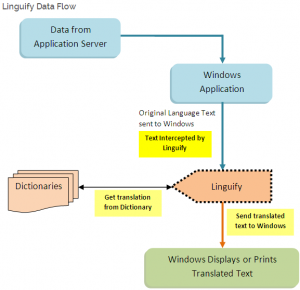@thinkSantosh (Santosh Dawara) points out that the GSF (Global Superangels Forum) is looking for an Entrepreneur in Residence, and hopes people from Pune will take this opportunity to increase their network, increase their exposure, and help improve Pune’s presence in the Indian and Global startup ecosystem.
More information about the EIR@GSF program is here.
What are they looking for?
An EiR (Entrepreneur in Residence) is a misfit, a rebel and a leader, who sees an opportunity for change everywhere he/she looks. An EiR is restless, looking for his/her next challenge, while engaging with the best and brightest startups in India. An EiR is a humble, go-getter, rolling his/her sleeves up to get the job, any job, done.
EiRs will anchor GSF’s startup accelerator programs in Delhi, Mumbai, Bangalore and Chennai by scouting, evaluating and aiding selection of the best startups from different regions of India. They will explore and drive strategic partnerships and expand GSF’s already robust mentor network of top entrepreneurs and executives in the tech community across the four cities. EiRs will also be responsible for designing and executing programming, managing logistics and buddy mentoring startups from MVP to Demo Day to eventual funding. EiRs are also awarded equity into the startups selected for GSF Accelerator.
See additional details in this YourStory article on GSF EiRs!
What qualifications are required?
For its inaugural program, GSF Accelerator inducted 17 EiRs who have have been entrepreneurs, students, investors, and ex-consultants. They have worked at some of the most exciting companies in the world and have educated from top tier educational institutions. Till date 30 EiRs have been part of GSF Acceleration program. For more details, please see the profiles of the GSF 2013 EiR
Team, and the GSF 2012 EiR Team.
Why is this being shared here?
Santosh says this:
I have no direct affiliation to GSF. But here’s why I suggested this,
In the near term an EIR is not a bad thing for an entrepreneur who is in-between ideas and is looking for a filler, or to simply grow his or her outlook, network.
In the long run, it will help us all immensely if any serious incubator were to consider a presence in Pune. If I may remind everyone, we are still missing the institutionalization of failures and successes of Punes startups. It helps to have one roof. As a result, every yr startups get going and attempt to reinvent without the benefit of what’s already been figured out by previous startups.
An incubator in Pune is atleast a step in that direction. If not that, having direct connections is the next best thing.
Can someone help me with the application?
Again, Santosh writes:
If the applicant is serious and has some of the necessary qualifications, I think there’s a lot of people on this list who will be willing to help in whatever way they can.
